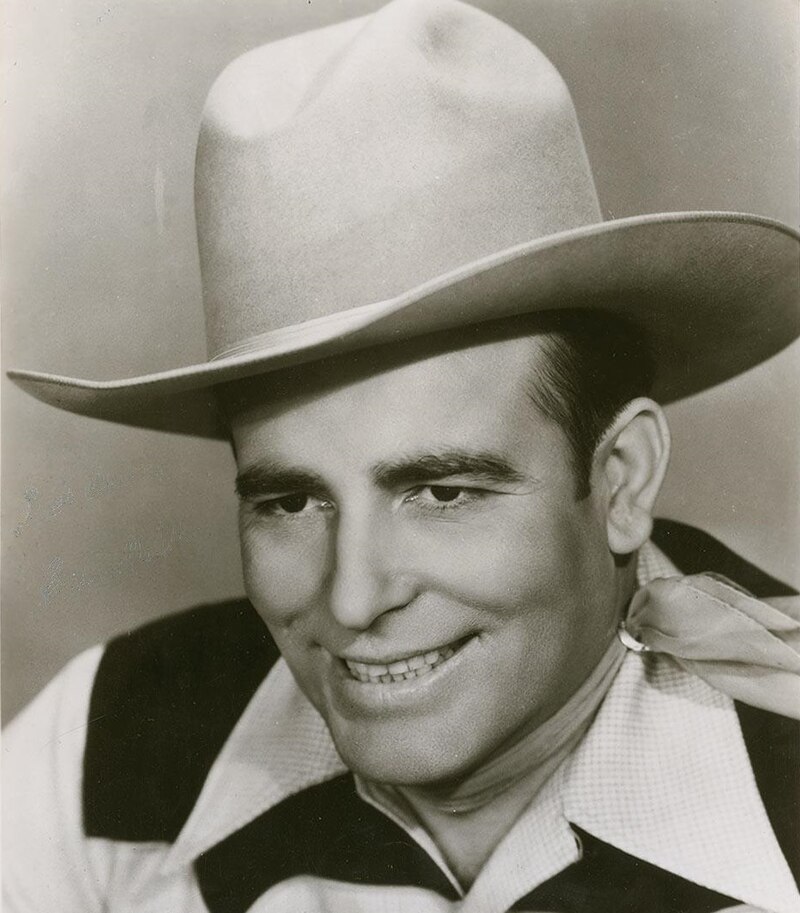 Publicity portrait Western Swing musician Bob Wills Image by Paul Parry, via Wikimedia Commons. Licensed Public domain |
Bob WillsBob Wills Bob Wills American musician, co-founder of Western swing (1905–1975) This article is about the musician. For the 1975 Waylon Jennings song based upon Bob Wills, see Bob Wills Is Still the King. James Robert "Bob" Wills (March 6, 1905 – May 13, 1975) was an American musician, songwriter, and bandleader. Considered by music authorities as the founder of Western swing,[1][2][3] he was known widely as the King of Western Swing (although Spade Cooley self-promoted the moniker "King of Western Swing" from 1942 to 1969). He was also noted for punctuating his music with his trademark "ah-haa" calls.[4] Quick facts Background information, Also known as ... Bob Wills Wills c. 1946 Background information Also known as "King of Western… (Source: Wikipedia)
|



